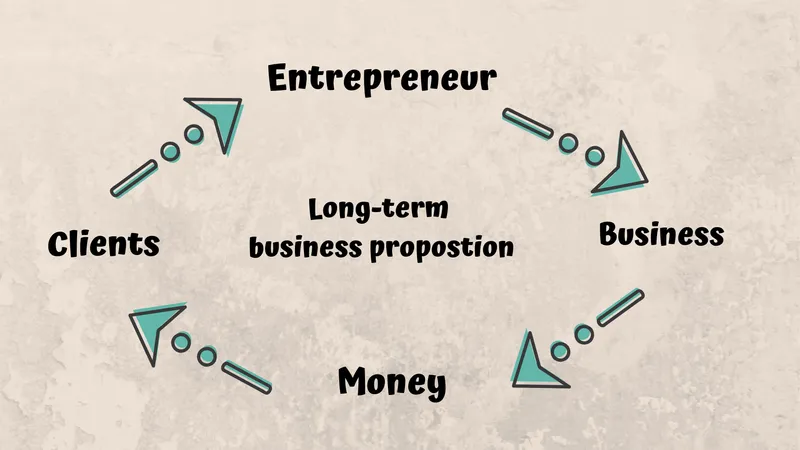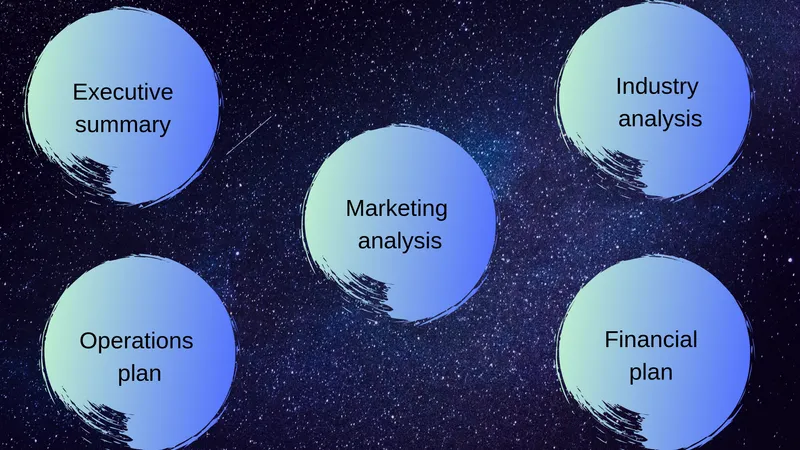

Start a new business - Know what steps you should take
It is often a misconception that every new business idea should be something very novel, never been done before. Like building an app for controlling and measuring humidity of clothers in the closet or sensor that can detect your pet’s hunger. It’s an idea that’s never been thought of before and can propel us forward.
But it should be understood that people have been doing what we always were doing for a long time. Most businesses of today’s world operate in what economists call the ‘Mature’. In this category comes the product like processing milk, bread, and other fmcg products, or creating hand bags.
There are 2 major divisions between every business that’s been operated.
- Pragmatic business
- Business of love
Pragmatic businesses are everywhere. The world’s economy is made up of 85% of pragmatic businesses and hence they dominate the economy. These businesses are there to exist and make sales. Many of these businesses don’t have a plan for long term existence. And when it comes to business of love, we need to start considering what are the first steps to start a new business.
1. An idea
Businesses of love is all about creating a business that’s like an infant to you. You choose to serve. It is something that’s varied and you can guarantee total commitment of excellence of a product/service. It is the idea where you reinvest almost all of your profits to see the business grow.

It encompasses something that you can do for free. You love this service inordinately. You have no idea of selling the business anytime soon but you might consider handing it over to someone you love.
Most importantly it’s something you are passionate about. Something that creates ecstacy in you when you wake up. It will be challenging and you will be lonely. So, have an honest conversation with yourself if it’s what you want to do.
We don’t need anything new to succeed or to set something new.
2. Figure out your value proposition
Now, let’s be practical. What will you be providing that other’s are not? Why should people buy your products over others? This will be more important to know after the idea is properly created in the mind.
For this, do research about your competitors, the downfalls, the up-up, etc. This should be done thoroughly as you’d be gaining some insights about your competitor’s mistakes.
3. Complete legalities
The legal procedure should be followed. This includes:
- Decide your startup’s name and domain name.
- GST registration.
- Open a bank account in the name of the startup.
- Create e-mail address for your business.
4. Business Plan

We present some of the most important items that you want to put in your business plan:
- The Executive Summary
An executive summary is the summing up of your best ideas and the most important aspects of your business. It is very important in case you seek investors or a business loan to help finance your business. Some aspects could be what makes your business unique, why is your business is going to succeed, and obviously a summary of what your business idea is. And as the name suggest, it shouldn’t take more than a minute to go through your summary to know what your business is about and your vision towards it.
- The Industry Analysis
It is the complete analysis of how the market looks like in your business’s industry, your competitors and their strengths and weaknesses. In addition to this, who your target audience is and their demographic.
- The Marketing Analysis
Your business plan should consists the marketing strategies and the type of marketing channels you will use to further the sales. Any new or innovative idea to market your product should also be included along with this.
- The Operations Plan
It is the plan that includes information as to what type of personnel you are planning to hire and also the processes you’d undertake to execute your business. Under this category, it is also advisable to include some of the milestones or goals you are hoping to accomplish.
- The Financial Plan
Last but not least, you need to have a plan that highlights some of the major features of your business. Like, how much moeny you are starting with and how much money you need to get the business going. You also need to budget out what your business will need, make some financial projections for your business, including what you think you can make within a given amount of time. Some additional information on pricing should be provided as well, eg , how you are going to price your products or services and how that pricing compares to some of your competitors’ pricing.
5. Finding a paying customer
Everybody’s selling, but who’s buying? For this, find a customer. Find a real customer who wants your product and is willing to pay for it. It shouldn’t be your friends of family. And delight this customer as much as you can. Remember to believe in over-serving the clients at first.
6. Start your business
Remember to analyse the timing of your business. It is highly crucial as it will decide how long your business will stay in the market. According to Bill Gross, founder of 100s of startups, it was the top factor for which most of his businesses succeeded and failed.
Use your close connections to spread the word out personally. This is another major factor that will boost your business at the beginning stage. Reach out widely using social media platforms. Give advice, update people on different services you provide, answer the FAQs as this will show your expertise in the area and build credibility.
7. Marketing
Stand out from all the noise in the world. There are some businesses that are engaged in hyper-marketing cycle and this might annoy people. Don’t believe in over advertising but in over-performing or over-delivering.
To market properly, reach out to people personally, take part in meet-ups in your field services similar t o yours and not competitive. Find people who provide complementary services.
8. Keeping record
Take into account all the income and especially all the expenditures of your business. Use some tools like spreadsheet to ease this process. At the end of the financial year, it will be very beneficial for you as it might help in tax return.
Take into account the transactions and predict the sales that should be made in the next 1 month, 2 month or 3 months. You can predict this sales into years and it should be done for atleast 2-3 years.
This article was written by Anubhav who is a Content writer at LegalRaasta.
LegalRaasta is a platform that provides tons of registeration services for upcoming startups in the form of OPC registration, proprietorship registration or MSME registration.



